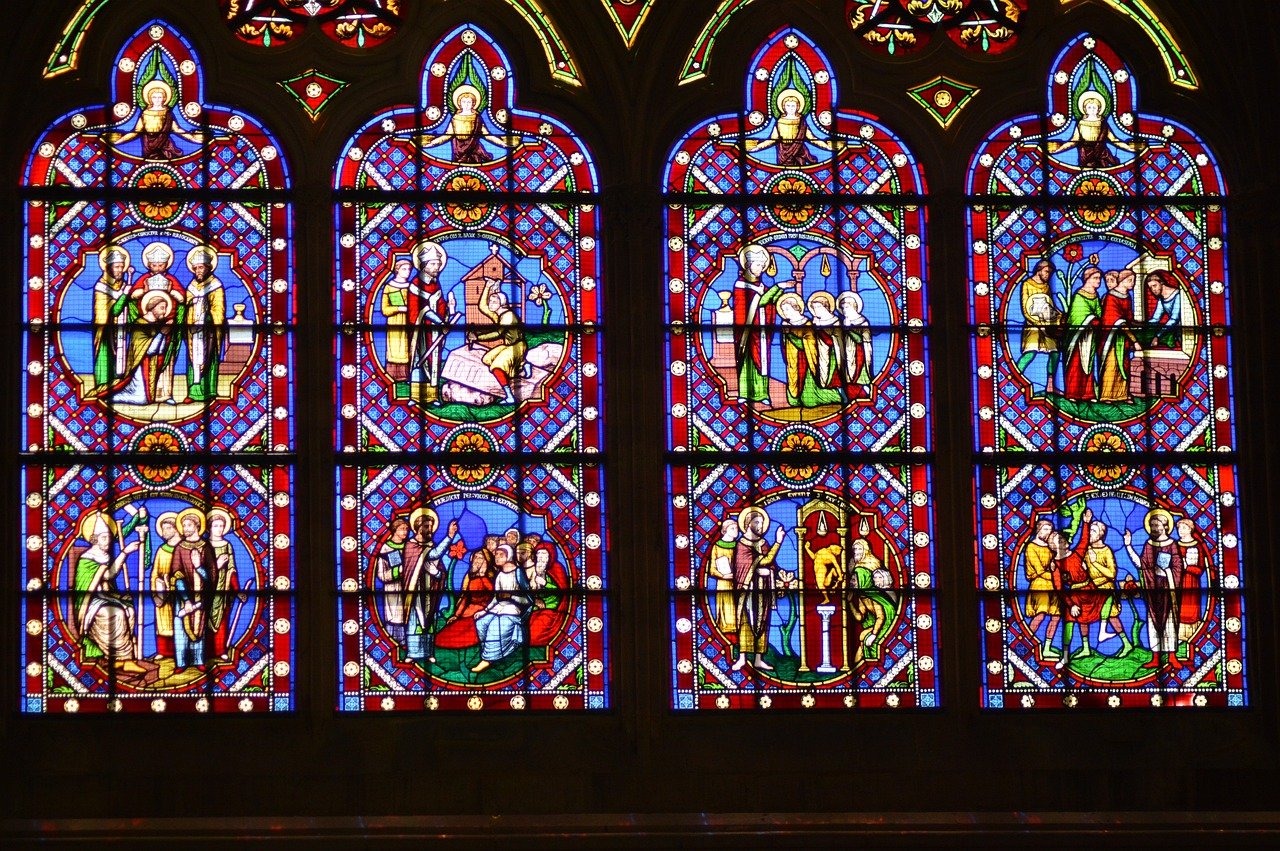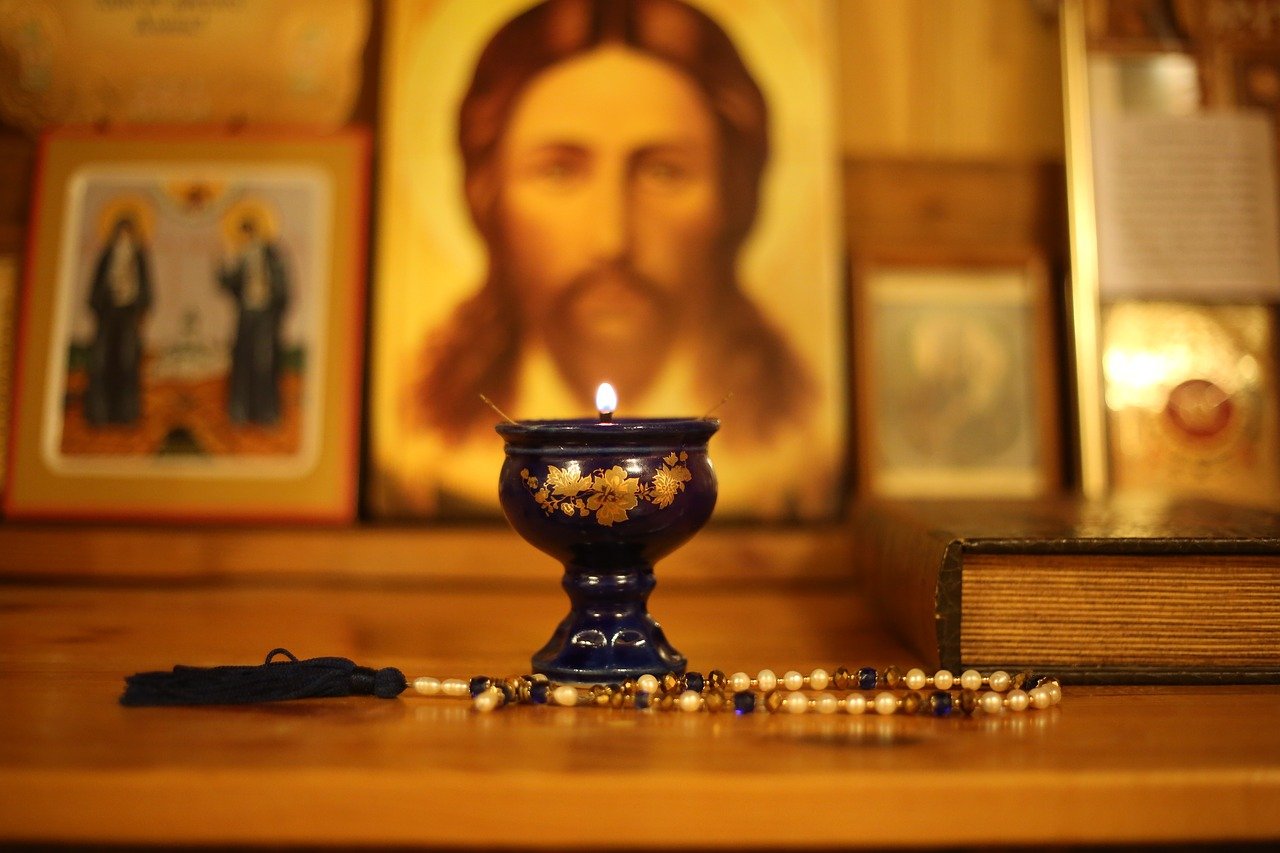Will We Be Healed By Our Faith?
Take heart, daughter. Your faith has made you well. -Matthew 9:22
In Matthew 9:22, we read about a miracle Jesus performed for a woman who was unwell. The encounter between Jesus and the sick woman is brief, but it raises some questions. The passage reads, “Jesus turned, and seeing her he said, ‘Take heart, daughter; your faith has made you well.’ And instantly, the woman was made well.”

This seems to imply our faith is the key to receiving healing, which contradicts other passages of scripture. Luke chapter 5, for example, tells the story of Jesus healing a paralytic. When the Pharisees questioned him, Jesus answered, “Which is easier, to say, ‘Your sins are forgiven you,’ or to say, ‘Rise and walk’? But that you may know that the Son of Man has authority on earth to forgive sins, I say to you, rise, pick up your bed and go home.”
Both passages talk about healing, but one points to faith while the other points to God’s will. If you’ve ever had questions about consistency in scripture, you’re not alone! In fact, there’s a whole community of believers on ebible.com who love researching and discussing these topics. Below, you’ll find two answers to the popular question, “Will We Be Healed By Our Faith?”
Tim Moss, Retired U.S. Army Specialist:

I would express it by saying that faith is a prerequisite for supernatural physical healing, but not a guarantee. God loves the faithful and is omnipotent with regard to granting believers’ requests for healing (which they should not hesitate to bring before Him). But the faith of those believers should also be willing to yield to His omniscience and to adopt His eternal, all-inclusive perspective with respect to carrying out His will (as contrasted with our limited temporal view that tends to be centered on ourselves).
To me, true faith consistently believes that whatever God’s decretive will cause to happen, or His permissive will allows to happen or persist (even though it may result in seeming temporal adversity), can be used or viewed for our eternal benefit (which exceeds any temporal outcome, as indicated by Jesus when His first action with regard to the paralytic whose friends lowered him down to Jesus through the roof was to forgive the man’s sins rather than physically heal him (Luke 5:17-26), as well as a benefit and witness to others, and will draw us closer to Him if we will let it.
Grant Abbott, Ebible Supporter

Healing does not depend on our faith, it depends on God’s will. Healing is a divine act of God, a miracle that He performs.
God is pleased to respond to faith because it gives him honour and glory. When Jesus went home to Nazareth to minister there, Scripture says he performed very few miracles (including healings) because of their lack of faith.
The apostle James said that if anyone is sick, they should call the elders (men of faith) to come and pray, anoint with oil, and the sick person will get well.
This is not a formulaic guarantee of healing, it is a commanded pattern of practice in the church. God commands us to pray for the sick. If we don’t pray for the sick, in faith, they won’t get healed by a miracle from God.

We don’t know whom God has planned or willed to heal, so we pray for all sick people, asking God in faith to heal, and some people will be miraculously healed.
When God doesn’t heal someone we pray for, we should not become discouraged. We shouldn’t doubt ourselves, thinking we don’t have enough faith. We should not become discouraged or think we look bad or have failed.
If God doesn’t heal it is because He has an even greater and more important work going on in that person’s life right now. We should simply acknowledge and honour that truth.
View the original question here!
SKM: below-content placeholderWhizzco for FHB

